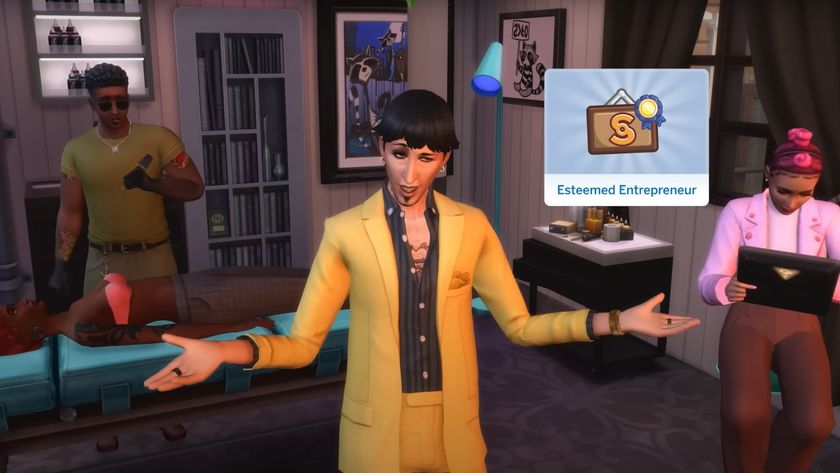Fast and Furious 9 ending explained with director Justin Lin
The Fast and Furious 9 filmmaker talks major spoilers – and whether Tokyo Drift would be a different movie if made today
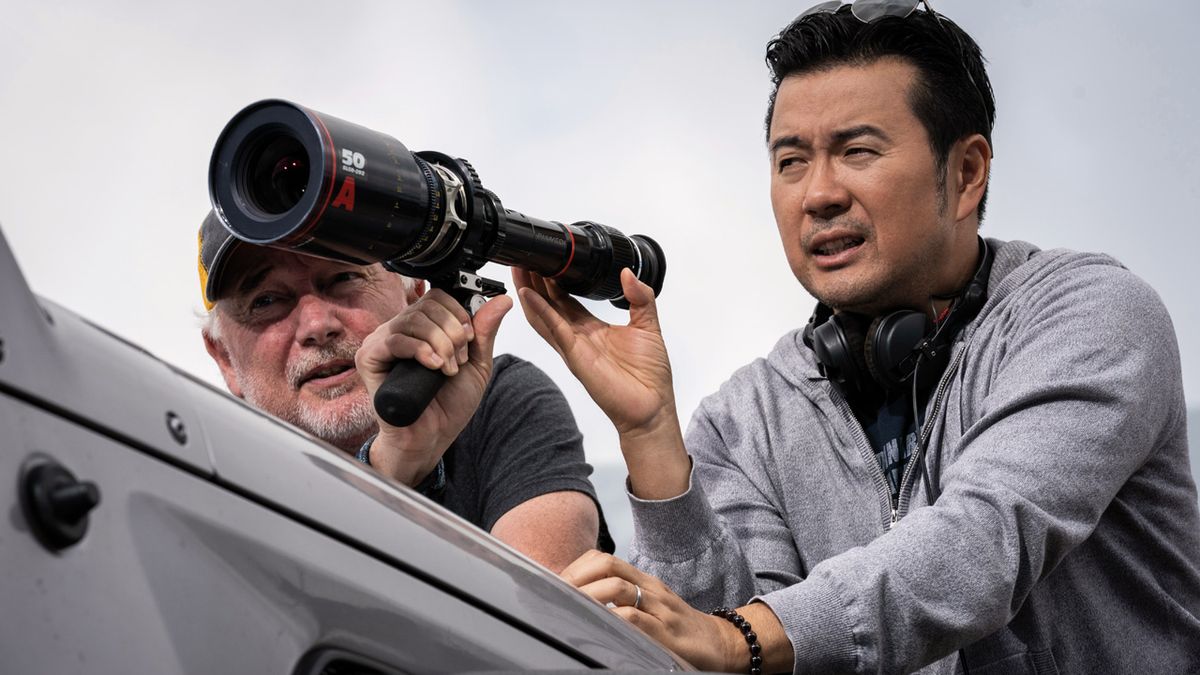
There are two men who know the Fast and Furious franchise better than anyone else: Vin Diesel and director Justin Lin. While Diesel's presence is felt both on and off-screen – the Dominic Torreto actor has also served as a producer on every movie since the fourth installment – Lin's command of the Fast universe has come from behind the camera, with the filmmaker having helmed Tokyo Drift, Fast & Furious, Fast Five, and Fast & Furious 6. Having stepped away for seven and eight, Lin's back for Fast and Furious 9 – as well as the proposed upcoming two-part finale.
Before we get ahead of ourselves, with the ninth installment now in cinemas, we sat down with Lin to talk about major Fast and Furious 9 spoilers, including how that post-credits scene came together and how the director's approaching Fast 10 (both parts). Plus, we briefly touched on how Tokyo Drift would be different if made in today's climate. Here's the Q&A, edited for length and clarity.
Fast and Furious 9 ending spoilers ahead!
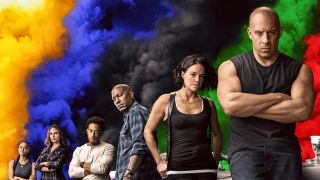
12DOVE: First off, this movie goes to fucking space. What was the thought process behind that and how difficult was it to pull off?
Lin: We've talked about it for years and I never thought it would happen. Whenever we have an opportunity to do a new chapter, we make an effort early on to say, 'Hey, let's not do the same thing over and over.' And for some reason, as we were developing this – maybe because it's 20 years of the franchise and maybe because I've been away and seeing how the series evolved – it just felt organic in what we were trying to do thematically, especially with the Roman and Tej and their existential threat.
And I just remember thinking, 'This is crazy!' And I called a NASA scientist, and we started talking about, 'Well, first off, how do you launch it?' And he's like, 'You need this much fuel.' And then they said there was no way we could launch it from the ground. It was just a course in getting to space. And I was looking at the Virgin Galactic launch and things like that.
At the same time, you know, whenever we work on these films, I always try to track our characters, even if they're not in the movie. And so obviously, [Tokyo Drift crew] Shawn and Earl and Twinkie, I've always kept track with them about what they're doing. And, as seen in Tokyo Drift, they're military brats. So I had this whole backstory. I felt like they would be off somewhere, doing whatever they're doing, but getting paid. So that felt organic.
It wasn't like, 'Hey, we have to go to space.' If anything, I was like, 'Holy crap, are we gonna do this?' There's also the idea that we are a little self-aware, and all these elements, when put together, felt worth the exploration.
Sign up for the Total Film Newsletter
Bringing all the latest movie news, features, and reviews to your inbox
On self-awareness, one of the ongoing jokes in the movie is about Roman and Tej being immortal. Was there ever a moment where you were like, 'Maybe this is too close to breaking the fourth wall?'
Being part of the Fast franchise is getting close to that line and hopefully not crossing it. Maybe it's me being away for the last two, I felt like, at some point, aren't these characters gonna have a conversation about what they've gone through? So, again, I feel like if we were ever going to do it, let's try. Let's be a little self-aware. And after all their adventures, I do feel like we've earned at least that conversation, that all this would lead to an existential dilemma.
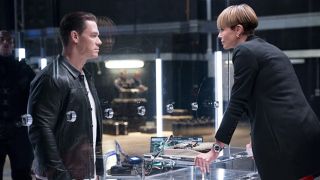
For sure. You also have this very intriguing post-credit scene, with Han and Deckard Shaw together again. Did you feel there was a score to settle there? Because Deckard's basically part of the family, having killed but not killed Han.
When I found out he was part of the family, I was equally baffled. I will run into fans and they're like 'Justice for [Gal Gadot's character] Giselle' and I'm like, 'Well, no.' Justice for Han is not bringing back a character you like, it was that the treatment of the character was not right. Justice for Han is not something you serve as just by bringing him back for one film, it's how we treat Han and all our characters from this point on out. And so, it just felt very organic that, with the real estate that we had, at some point, I do want to see him face to face with Shaw.
It was a great call with Jason. He's like, 'Hey man, you called me the last time to do the tag. I did it and you left. This time, you're not gonna leave? Right?' It was a great moment of connection for me.
Hopefully, we'll see more in Fast 10. I saw that Vin Diesel referred to the final installment, which is coming in two parts, as his Everest. How does it feel knowing you're going to be saying goodbye to these characters?
It's a weird thing because Fast 10 and 11 are the final two movies, they are what I would consider the final chapter. And that that conversation started almost 10 years ago. I remember Paul [Walker] would come in and we would talk with Vin and I thought it was just an exercise in what would happen if we were talking about the final chapter. I never thought we would realize it. But it wasn't until I came back that Vin said 'Let's really do it.'
I feel like the final chapter has had its own journey through the last 10 years. And it's in those conversations that it was starting to form. And so nine is trying to point everything, hopefully, in the right direction. But I feel like, tonally, what we're trying to go through, that's worthy of the last chapter, and that's actually on its own highway, in a weird sense and, again, I think the pressure of, 'Wow, when we started, we never thought we'd be on this crazy journey,' and that the fans and this community has grown so big. The pressure is, 'Can we close the saga between all these characters in the right tone and in the right way?'
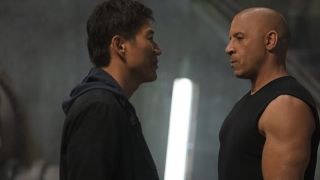
Speaking of Paul, in this film, you have this lovely send-off at the end, where Brian returns for a classic family meal. What was the balance of creating something as poignant as that, without the scene feeling unnecessary? Because it does feel like a nice ending.
Obviously, Paul's a very close and special friend to me and to all the fans. The decision to have Brian live on in the universe, that was a big one. On a personal level, Paul has this amazing ability that, maybe I don't see him for a year, but when I see him, it feels like I didn't miss a moment. And knowing Brian O'Connor is still in the universe, I wanted to do justice in capturing the essence of that. And obviously, on this one, Mia is Jakob's sibling, too, and it felt like there was an organic way. But it is one of those things where I am constantly checking myself talking, having the right conversations, I hope, trying to do it with respect. If I could come close to capturing the essence of Paul through Brian, that, to me, is the dream.
It does feel very touching way to finish the picture. I want to quickly touch on Tokyo Drift. The climate has changed quite a lot since that movie was made back in 2005. I feel like, if that film was made today, it would have Han as the central character. Do you think that's the case? Or would the movie still come out the same way?
It was interesting because I actually had a real conversation [at the time] with the studio. Things were done very differently back then, it was almost like the lead character has to be Caucasian, they have to be white. But I have to say, I went in saying, 'Well, why? Let's have a real process.' So we did go through a casting process. And I could tell you that, out of all our options, Lucas Black is still to me, when you talk about fish out of water – there were even conversations of 'Oh, well, his accent, can we change it?' I was like, 'No, that's why!' I really wanted to embrace that.
And so having gone through it, I always said that, especially with this franchise, it's about creating opportunity. So everybody can come in, and whoever is the best can get that role. And I felt like we did do that. And I remember, even [Han actor] Sung [Kang] came in and read, but I'm like, 'No, no, no, he's Han.' It was a very organic process. Ultimately, that's all we can ask for. If all things equal, I felt like we had a fair audition process. And I think Lucas was the best for the role. So I never had a doubt. Even back in 05, when the climate was so different, I could tell you that I did fight for it. And it wasn't [a decision made] really quickly. And so I was satisfied.
Because that film is so close to me, I can't really see it any other way. But, I think even for the other roles, we were flying in people from all over the world, and that that continued to be the process and that's how we found Gal Gadot, and that process is something I take very much to heart. It's all started on Tokyo Drift.
Fast and Furious 9 is in cinemas now. For more from Diesel, be sure to check out our feature on the making of Fast and Furious 9, including interviews with Vin Diesel, John Cena, and Lin.

Jack Shepherd is the former Senior Entertainment Editor of GamesRadar. Jack used to work at The Independent as a general culture writer before specializing in TV and film for the likes of GR+, Total Film, SFX, and others. You can now find Jack working as a freelance journalist and editor.
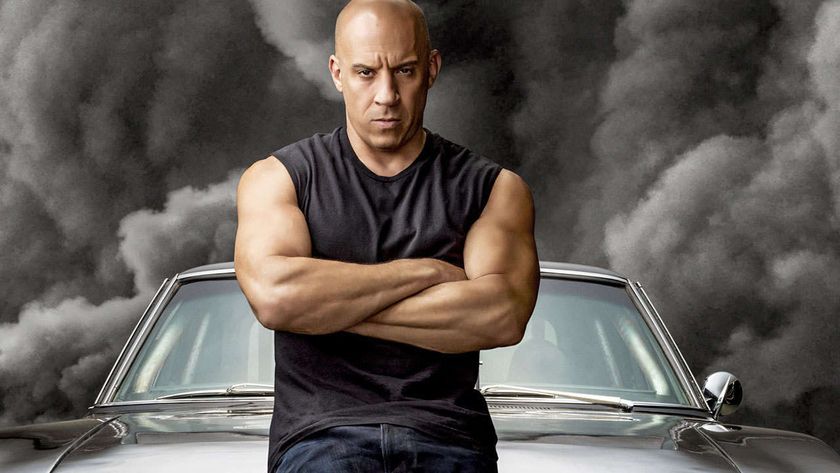
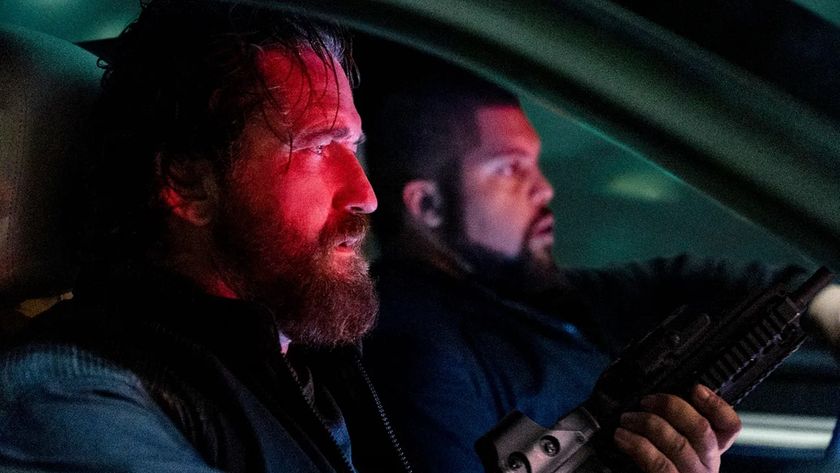
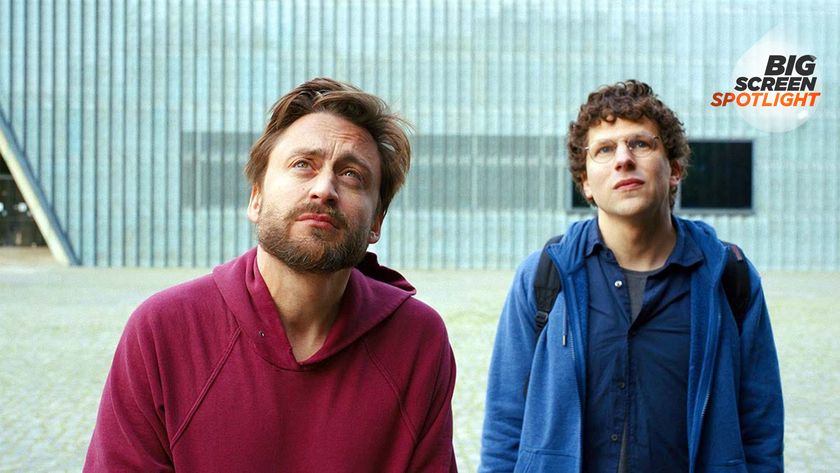
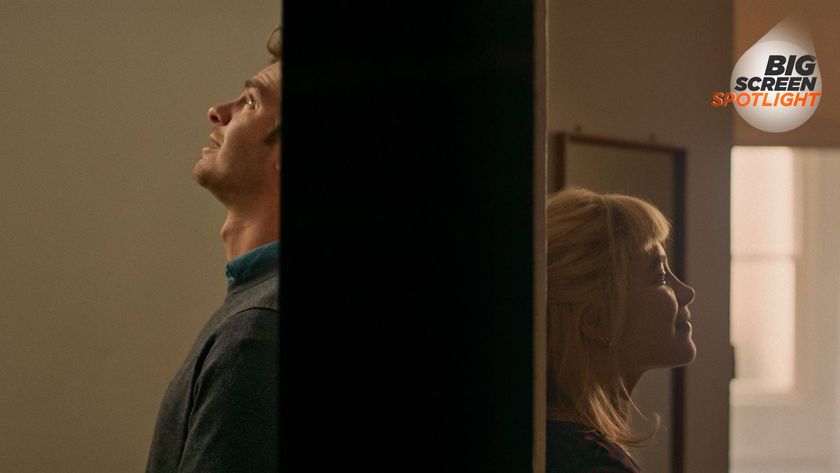
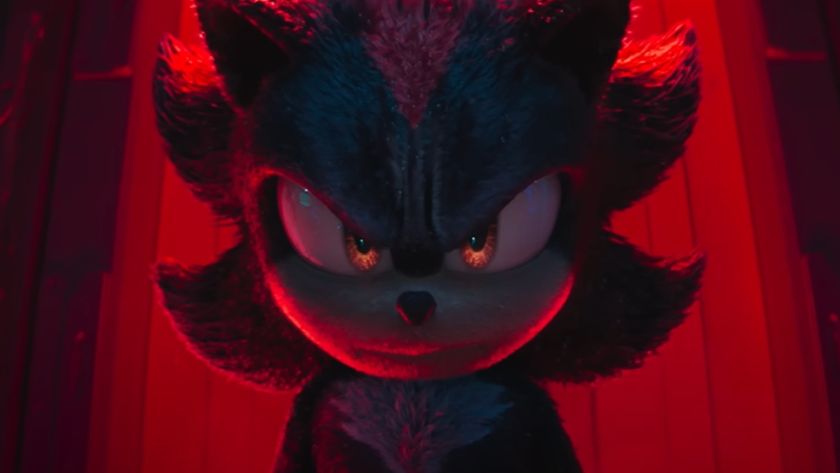
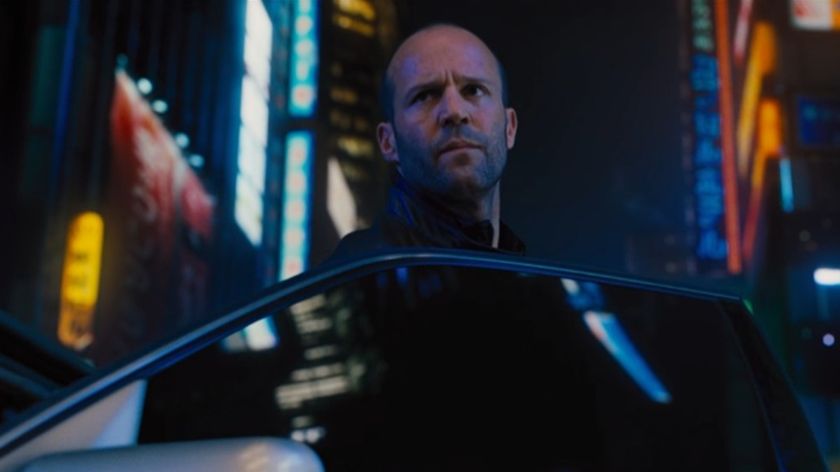
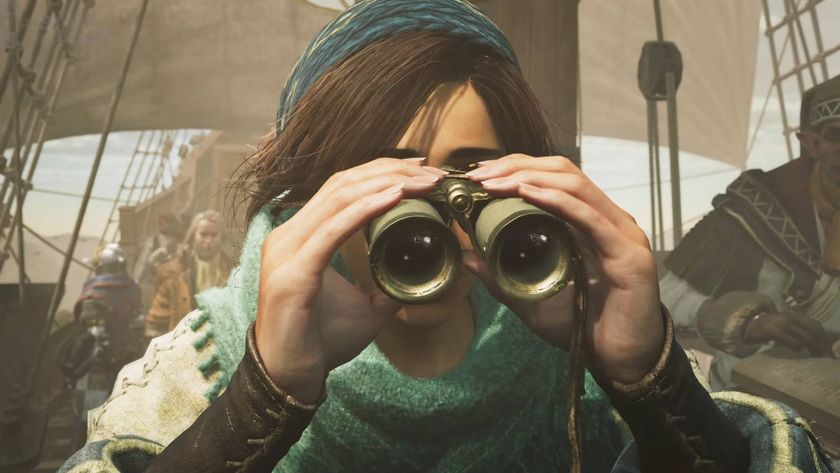
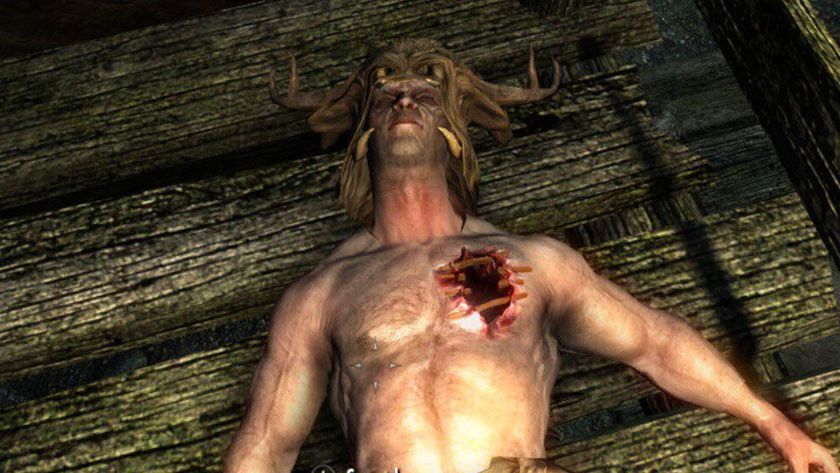
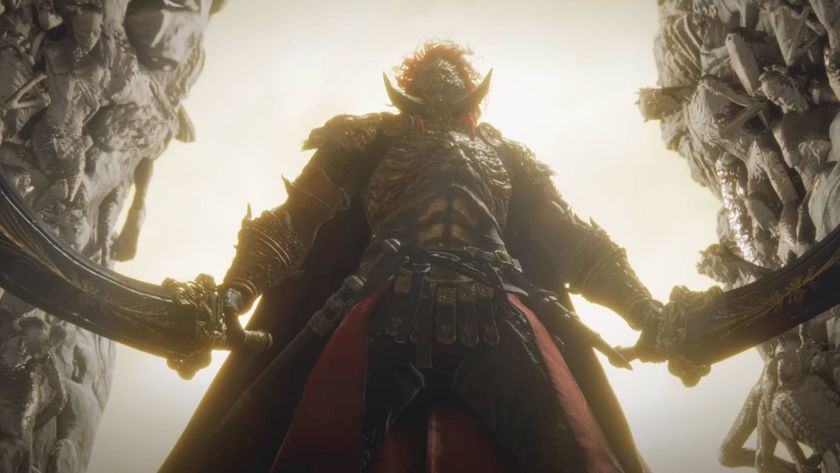
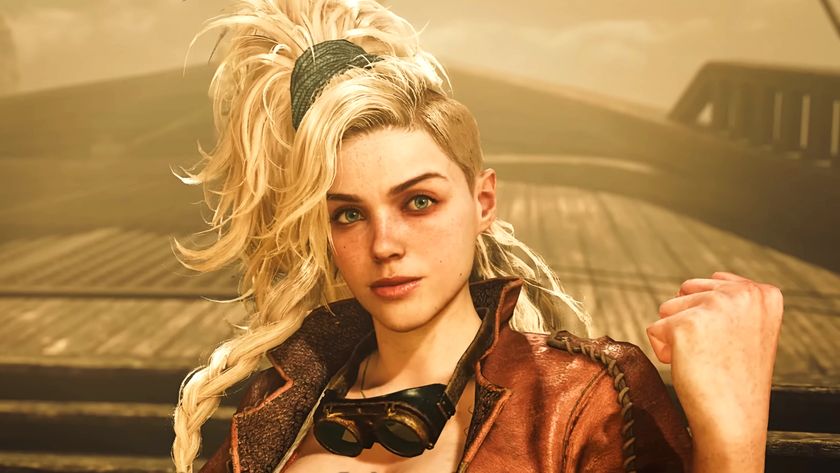

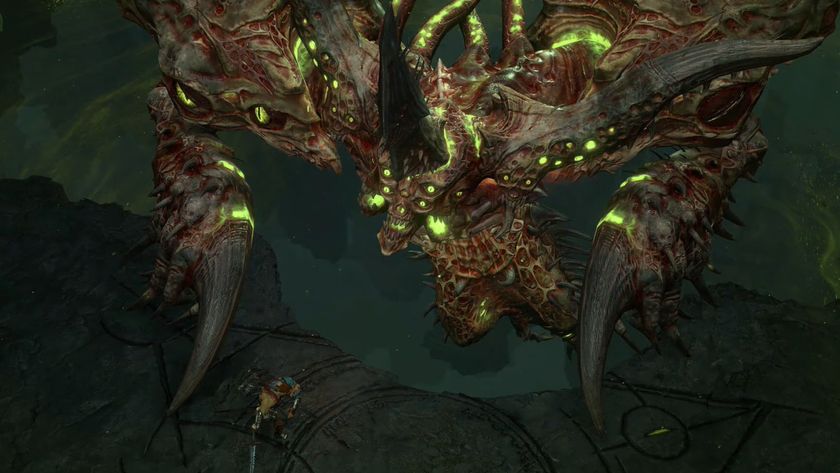







Despite Monster Hunter Wilds suffering monstrous performance problems on PC, it still outsold the PS5 and Xbox Series X versions in the US

It took Skyrim players nearly 15 years to discover ingenious loot hack that completely changes the game and, uh, requires you to desecrate a couple corpses
